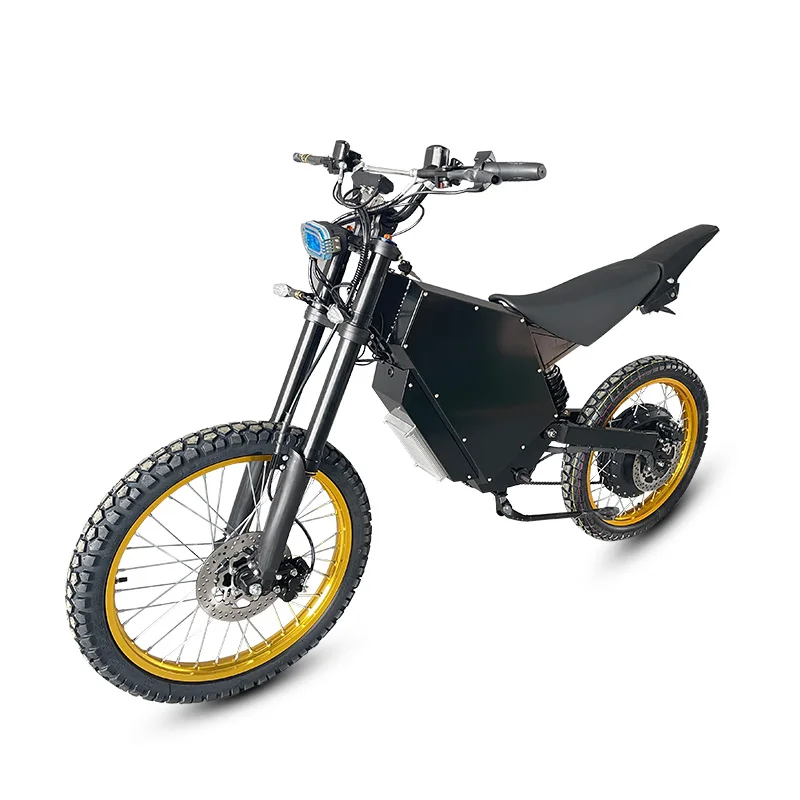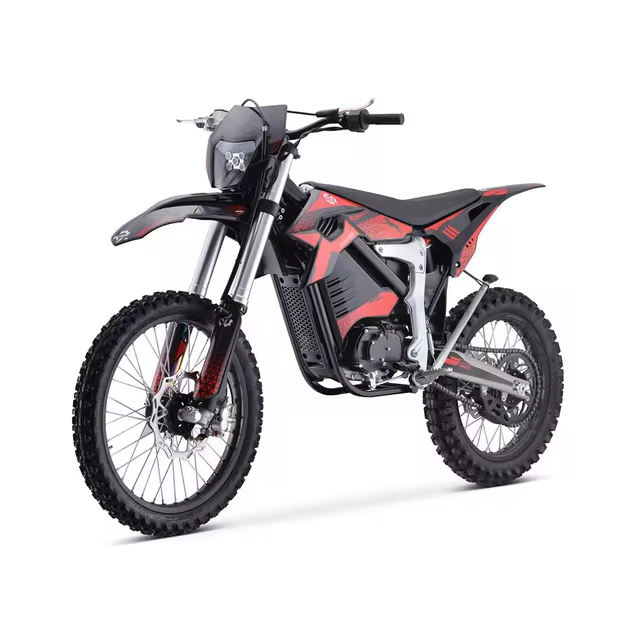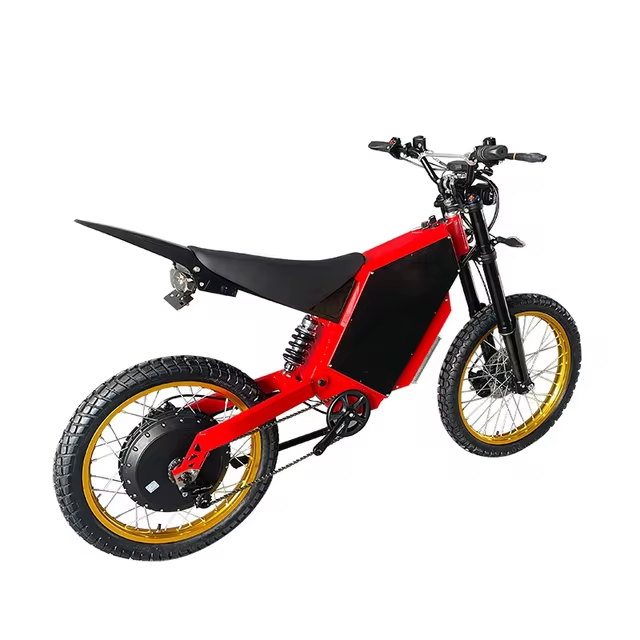Introduction to Electric Motorcycle Licensing
Electric motorcycles are becoming increasingly popular. This popularity brings questions about licensing requirements. Unlike traditional motorcycles, these electric variants also need proper documentation and adherence to specific rules. Whether you’re a new rider or transitioning from gasoline-powered bikes, understanding these requirements is essential.

Electric motorcycles, much like their conventional counterparts, require a license for legal road use. However, certain low-speed models may be exempt depending on local laws. In many places, the bike’s power and speed capabilities determine the license type needed. Getting this right ensures you ride legally and safely. Knowing all specifics helps avoid fines and enhances road safety.
Understanding the Types of Electric Motorcycles and Licensing Requirements
Electric motorcycles come in various types, each with distinct features and licensing needs. Recognizing the differences between these types helps you understand the necessary licenses. There are mainly two types of electric motorcycles: high-powered and low-powered.
High-Powered Electric Motorcycles
High-powered electric motorcycles resemble traditional motorcycles in performance and require similar licenses. They often exceed speeds of 28 mph and need a motorcycle license in most states. Operating one legally necessitates more than a regular car driver’s license.
Low-Powered Electric Motorcycles
Low-powered models do not exceed 28 mph and, in some regions, may not require a motorcycle license. These are often classified as mopeds or motorized bicycles. They are suited for short commutes and do not need the stringent licensing required for high-powered models.
Before purchasing or riding any type of electric motorcycle, check your local DMV’s requirements. Depending on your location, different rules apply. You may need to pass specific tests or fulfill age-related conditions. Always ensure to register and insure your electric motorcycle for safety and legality.
Step-by-Step Guide to Registering Your Electric Motorcycle
Registering your electric motorcycle is crucial for legal riding. Below is a comprehensive step-by-step guide to ensure your registration process is smooth and in compliance with the law.
- Check your eligibility and requirements: Before proceeding, ensure your electric motorcycle meets all local laws and regulations. Contact your local Department of Motor Vehicles (DMV) to get detailed information on the prerequisites.
- Gather necessary documents: You will need certain documents to register your electric motorcycle. This typically includes proof of ownership, identification, and insurance. Some states might also require proof that your motorcycle is up to standard, like the EN15194 certification for electric bicycles in Singapore.
- Inspection: Some states require that your electric motorcycle undergoes an inspection. This checks if the motorcycle adheres to environmental, safety, and road-worthiness standards.
- Visit your local DMV office: With all your documents, visit the DMV office. It’s advisable to check if an appointment is necessary as some locations may require this.
- Submit your application and pay fees: At the DMV, submit your completed application form alongside your documents. You will need to pay a registration fee; this fee varies depending on your state.
- Receive your registration and plates: Once your application is processed, you will receive your motorcycle registration and a license plate. Attach the license plate to your motorcycle before riding.
- Keep your registration updated: Motorcycle registrations need to be renewed periodically. Mark your calendar to keep track of renewal dates and avoid penalties.
By following these steps, you ensure that your electric motorcycle is legally registered, allowing for worry-free riding. Always keep your registration certificate on you while riding as you may need to produce it if requested by authorities.
The Different Classes of Motorcycle Licenses
In the world of motorcycle riding, not all licenses are the same. Different classes of licenses permit you to operate different types of motorcycles. Knowing the correct class helps you stay legal on the road. Here are the common classes of motorcycle licenses.
Class M1 Motorcycle License
This license lets you ride any motorcycle or motorized scooter. It covers high-powered electric motorcycles too. To get this, you need to pass both written and skills tests.
Class M2 Motorcycle License
The M2 is more limited. It permits you to ride mopeds or motorized bicycles. These typically don’t exceed 30 mph. Written and skills tests are needed for this license as well.
Class C Motorcycle License
A Class C license is for cars, but in some places, it allows you to ride three-wheel motorcycles or those with a sidecar. For this, standard car license tests are applicable.
When planning to get a motorcycle license, check your local DMV’s website. Each state has specific requirements for these license classes. Remember, riding without the proper license is illegal and unsafe. Always match your motorcycle type with the right class of license.
 State-Specific Licensing Requirements for Electric Motorcycles
State-Specific Licensing Requirements for Electric Motorcycles
Navigating state-specific requirements is key for riding electric motorcycles legally. Different states have unique laws and prerequisites for electric motorcycle riders. Here’s what you need to know to stay compliant.
Check Local DMV Guidelines: Every state has its own Department of Motor Vehicles with distinct rules. Start by visiting your state’s DMV website or calling them. They can give you the latest on what’s needed in your area.
Know Age Restrictions: Some states have age limits for electric motorcycle licenses. Typically, you must be at least 16 years old. However, it’s vital to verify specific age requirements in your state.
Understand License Classes: States may differ in the types of licenses they issue for electric motorcycles. For example, California requires an M1 or M2 license. Make sure to identify which license class fits your bike’s speed and power.
Prepare for Tests: You’ll likely need to pass written and skills tests. These exams help ensure you understand the rules and can safely operate an electric motorcycle.
Look Up Specific Laws: Certain states could have special laws for electric motorcycles. For example, you might need a special endorsement or follow additional regulations. It’s crucial to be well-informed about these before hitting the road.
Registration and Insurance: Always register your electric motorcycle and get insurance. Both are necessary for legal riding in all states.
Following these steps helps guarantee that you and your electric motorcycle adhere to state-specific legal requirements. As a result, your riding experience will be safe, responsible, and enjoyable.
Renting vs. Owning: Electric Motorcycle Regulations
When choosing between renting and owning an electric motorcycle, consider the regulations for each option. Regulations for renting versus owning can differ based on the state or locality. Here’s a rundown of points reflecting these differences:
- Renting: Rental companies handle the registration and maintenance of their fleet. Riders usually need to comply with the company’s rules and the local laws. Most rental companies ask for a valid motorcycle license before renting out a vehicle.
- Owning: As an owner, you manage the vehicle’s registration and upkeep. Owners must register the electric motorcycle with the local DMV. This includes paying any required fees and passing inspections. Insurance is another crucial requirement for owners.
- Local Laws: Check local laws as they can change from one area to another. These laws dictate speed limits, helmet usage, and whether a motorcycle license is needed.
- Responsibility: Owners bear the ongoing responsibilities, such as renewing registration and adhering to safety inspections. Renters should follow the terms and conditions of the rental agreement, which often cover these aspects.
- Insurance: Insurance is mandatory for owners and sometimes for renters too. This protects against damages and liability in case of an accident. Rental companies typically offer insurance options during the rental period.
Both renting and owning require knowledge of the law and a commitment to safety. Always wear a helmet and follow traffic rules, regardless of whether you rent or own an electric motorcycle.
Safety and Legal Considerations for Electric Motorcycle Riding
Riding electric motorcycles safely is crucial. Obey traffic laws and wear protective gear to minimize risks.
Helmets Are Mandatory
You must always wear a helmet while riding. This is true in nearly all states.
Be Aware of Speed Limits
Understand and respect local speed limits. Electric motorcycles should adjust speed according to area rules.
Follow Licensing Laws
Ensure your electric motorcycle has the right type of license. Ride only with valid documentation.
Regular Maintenance Checks
Regularly check your motorcycle’s condition. Keep it in top shape to prevent accidents.
Know Your Motorcycle’s Range
Be aware of your motorcycle’s battery range. Avoid getting stranded due to power loss.
Plan Your Route Wisely
Plan routes that accommodate electric motorcycles and are free of prohibited zones.
Use Turn Signals
Always use turn signals to inform other road users of your intentions.
Insure Your Electric Motorcycle
Obtain proper insurance to cover accidents and damages.
Stay Informed About Local Regulations
Stay updated on regulation changes concerning electric motorcycles in your area.
Following these safety and legal precautions ensures a secure and lawful riding experience. Remember, your safety is priority while enjoying the ride on an electric motorcycle.
 FAQs: Common Questions About Electric Motorcycle Licensing
FAQs: Common Questions About Electric Motorcycle Licensing
When exploring the realm of electric motorcycles, several common questions emerge regarding licensing. Addressing these inquiries is integral for riders aiming to comply with legal requirements and ride safely.
Do I need a license for an electric motorcycle?
Yes, a motorcycle license is typically required. The class of license, such as M1 or M2, depends on the bike’s features.
Are kids’ motorcycles legal without a license?
Children can ride mini motorcycles on private property or off-road without a license. Safety rules, including helmet use, must be followed.
Must I register my electric motorcycle in California?
All electric motorcycles need registration with the DMV for lawful road use in California.
What classes of motorcycle licenses are available?
There are various classes like M1, M2, and C, each with different riding privileges.
How do I register an electric motorcycle?
Gather your documents, visit the DMV, complete an application, and pay any fees. Then, receive your plates and registration.
Can I ride my electric motorcycle without insurance?
No, insurance is crucial for riding legally and for your protection.
What should I do after getting my motorcycle license?
Ensure your motorcycle is registered and insured before hitting the road.
By staying informed and adhering to these guidelines, you can enjoy the thrilling experience of riding an electric motorcycle while being a responsible rider.
